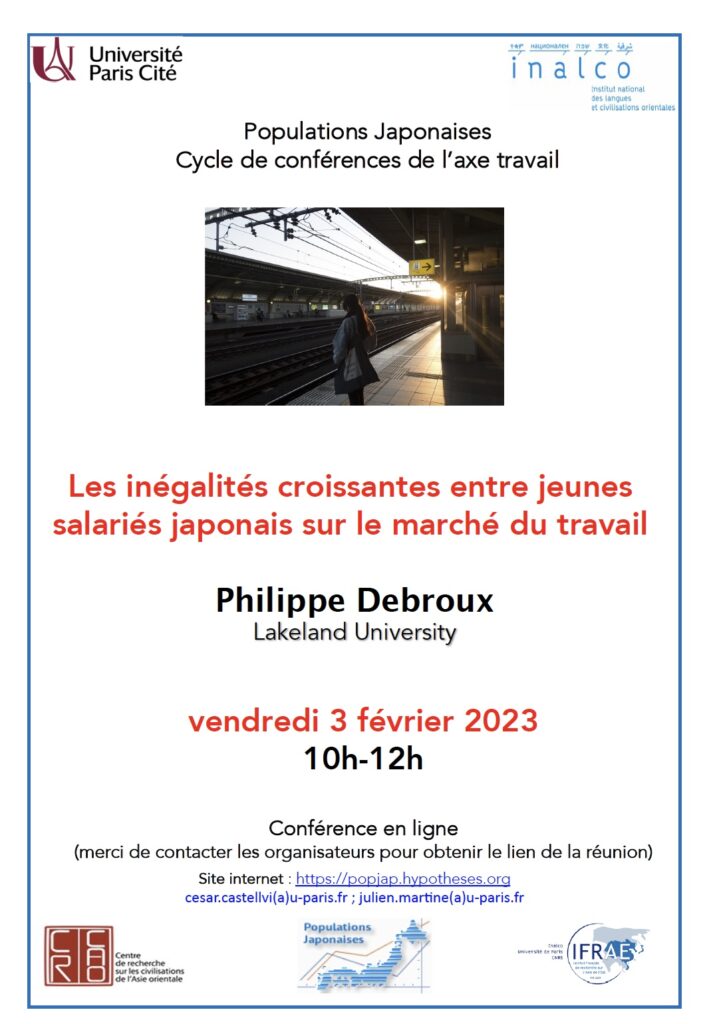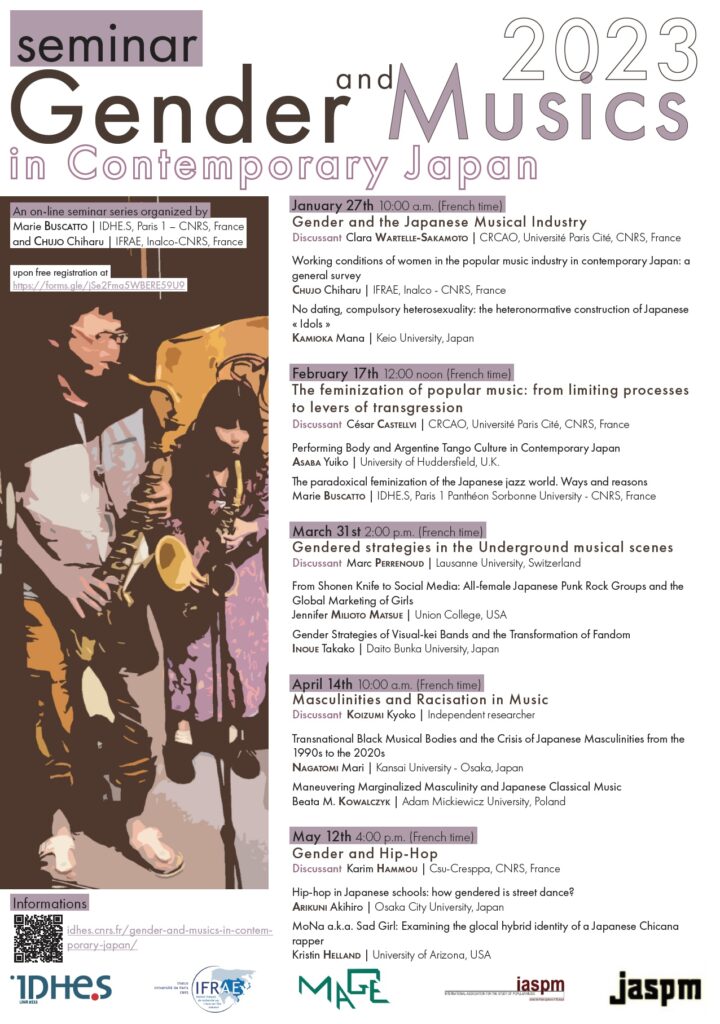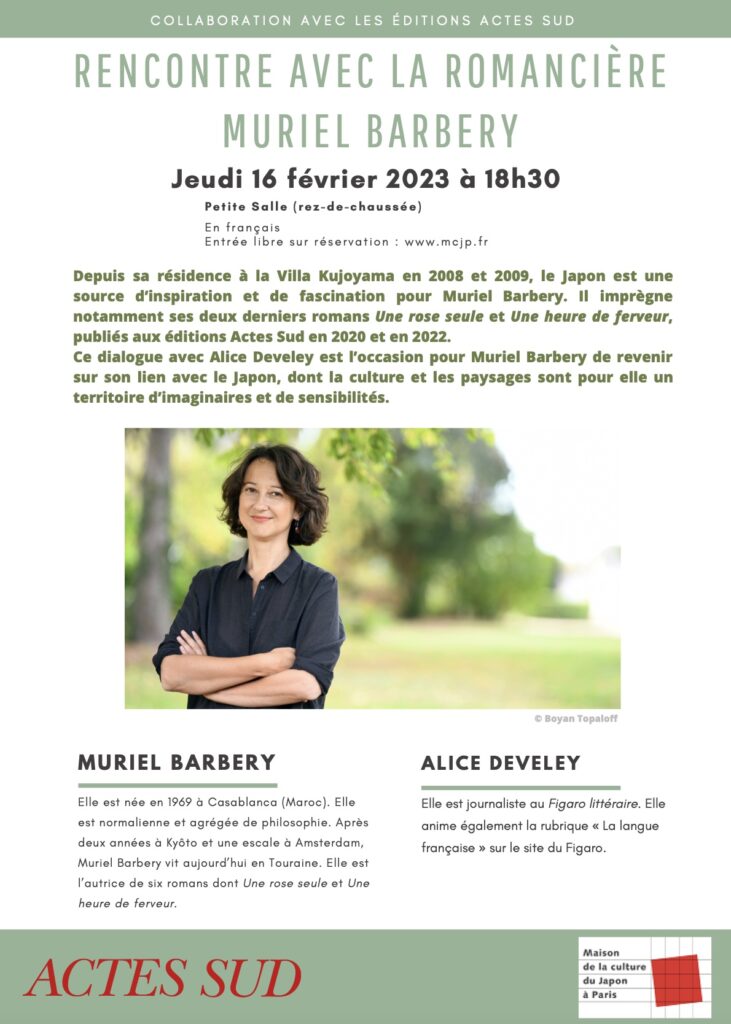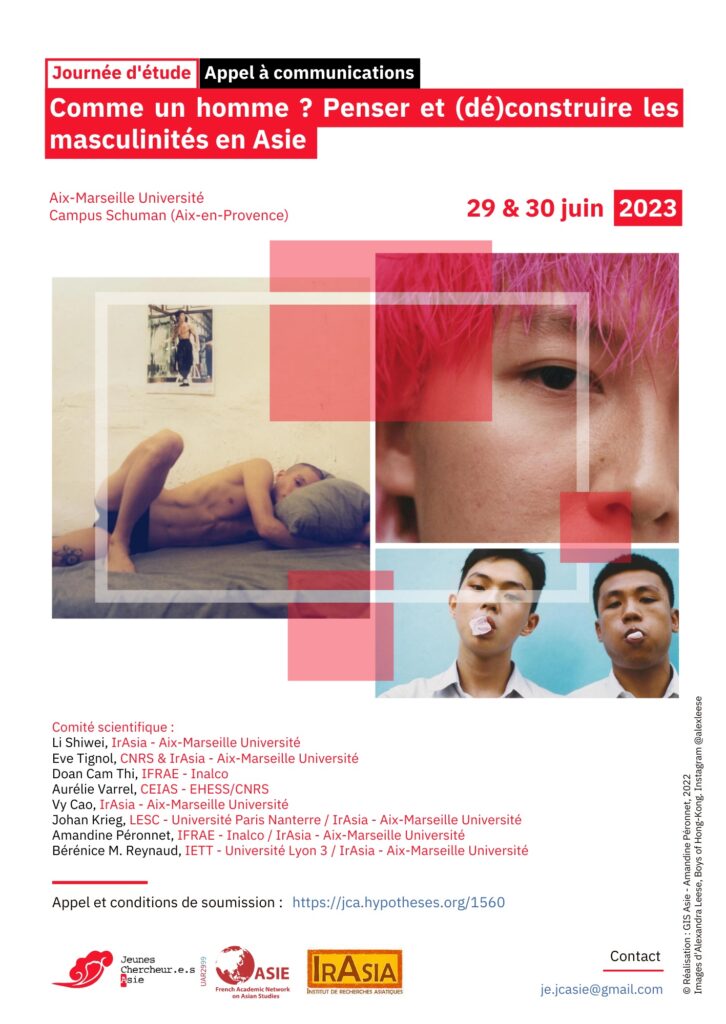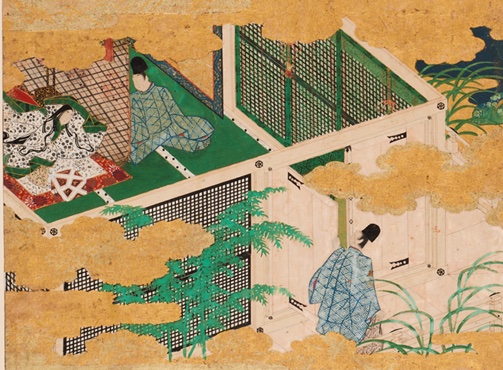The Robert and Lisa Sainsbury Fellowships, established in 2000 through generous funding from Lord Sainsbury of Turville, are designed to strengthen academic ties with Japanese studies programmes in Asia, Europe, Oceania and North America. The Fellowships provide recipients with an opportunity to work in a scholarly environment conducive to completing a publication project.
The Institute is offering several Fellowships to scholars who have received a PhD in any area of Japanese culture. Preference will be given to applicants working in the fields of visual studies, including but not limited to history of art, cultural heritage, archaeology, architecture, film studies, and digital humanities. Preference will be given to Early Career Researchers, defined by the AHRC as “within eight years of the award of their PhD or equivalent professional training, or an individual who is within six years of their first academic appointment”.
The one-year Fellowship will commence in September 2023 and carries a value of £24,000. For the six-month Fellowship, please state the preferred start date in your application. This may be subject to negotiation. The six-month Fellowship carries a value of £12,000. One-year Fellowships are preferred.
Previous Robert and Lisa Sainsbury fellows have contributed to the Third Thursday lectures at the Sainsbury Institute for the Study of Japanese Arts and Cultures. In London, they have contributed to the Japan Research Centre Seminar Series at SOAS. Fellows will also be encouraged to organise a symposium in Norwich towards the end of their stay.
For 2023-24 we would be interested to involve Fellows in teaching courses on Japanese visual culture, if they wish to do so. In your application, please indicate whether you would like to contribute to teaching during your Fellowship, and please describe your relevant teaching experience and the courses/areas in which you would be interested to teach.
Fellows are required to have a good level of spoken and written English.
The appointed fellows will be given shared office space in Norwich and are expected to live in Norwich during their appointment.
How to Apply
To submit an application for a Robert and Lisa Sainsbury Fellowship, please email us to obtain the application form.
Once completed, the application form should be emailed back to sisjac@sainsbury-institute.org.
In addition to the application form, please enclose:
- Curriculum Vitae (please include the date your PhD is expected to be conferred, if not already conferred) and
- Sample of writing (for example a published article, or a core chapter of the PhD)
All application documents must be in English.
In addition, two letters of reference should be sent by email or mail to arrive by the application deadline. If sent by mail, they should be signed and sealed and sent directly by the referee to the Sainsbury Institute, 64 The Close, Norwich, NR1 4DH, UK. If they are sent by email, they should be emailed directly by the referee to sisjac@sainsbury-institute.org
Receipt of applications by Sainsbury Institute will be acknowledged by email.
The closing date for application for the 2023-24 Robert and Lisa Sainsbury Fellowship is 28 February 2023.
